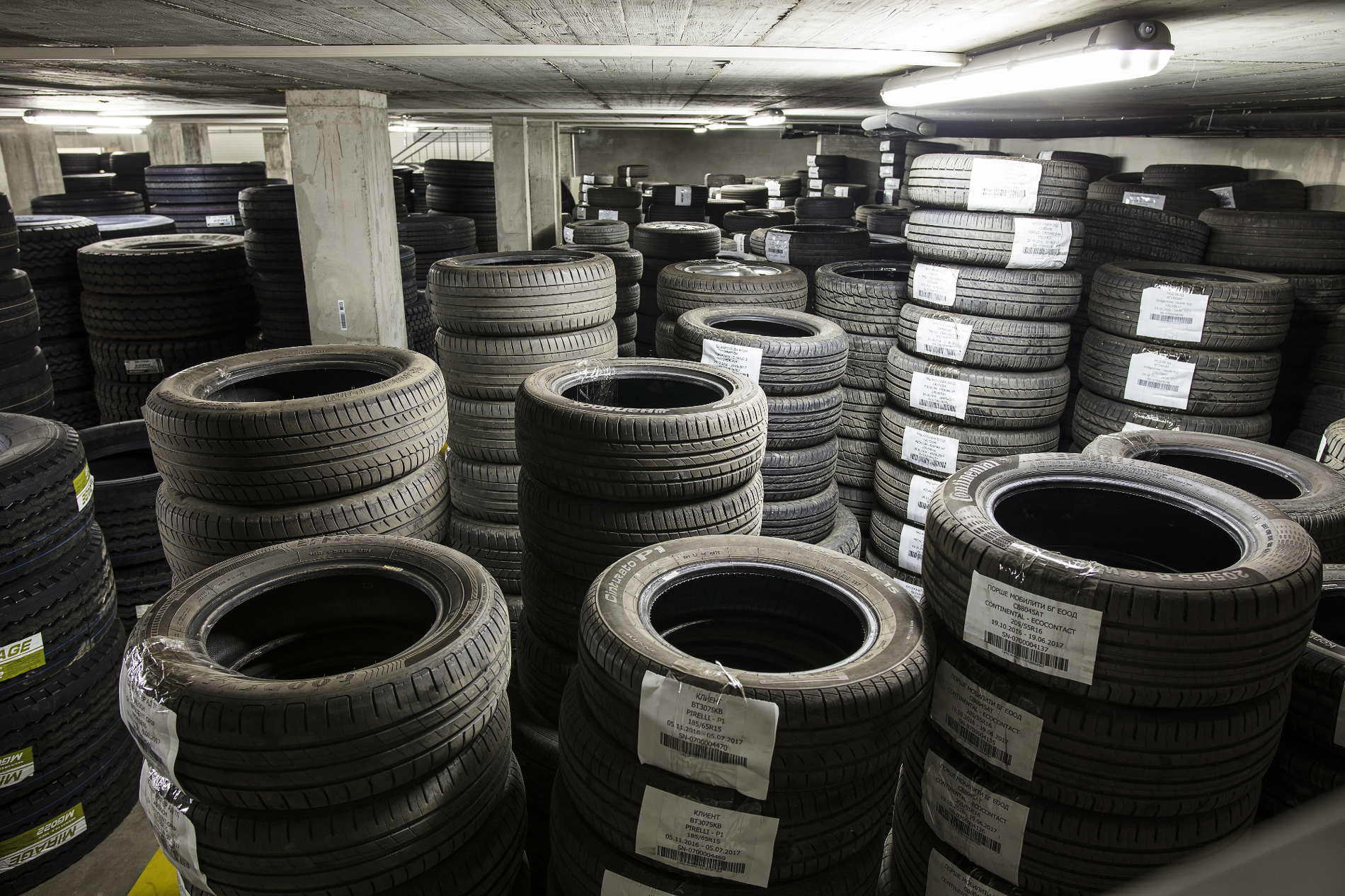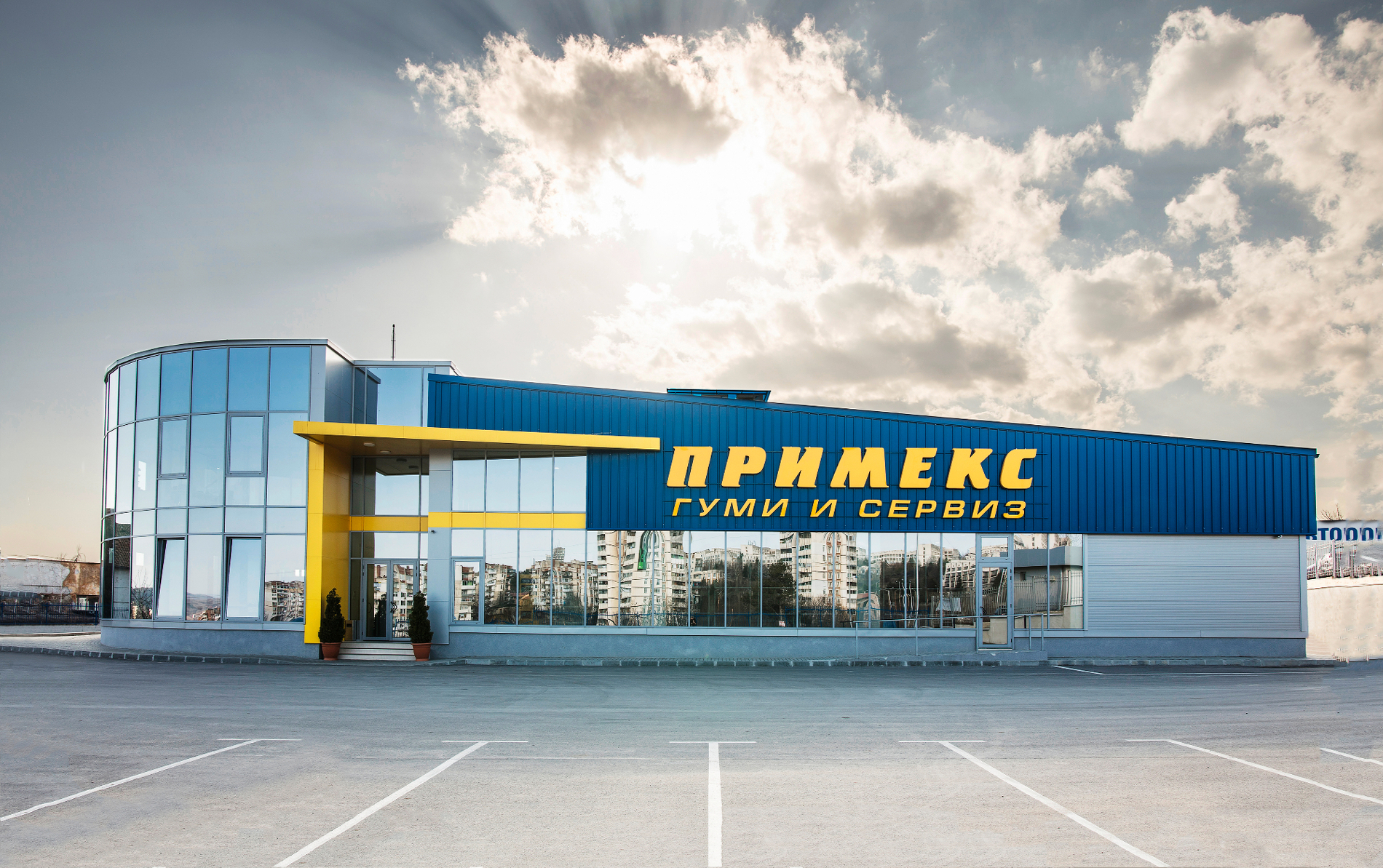
Плама 2009 ЕООД, Велико Търново - Автосервиз. Ремонт на леки и лекотоварни автомобили,продажба и сервиз гуми

Мобилен сервиз за гуми.Корекция на надрани джанти.Изправяне на джанти. в Мобилна смяна на гуми/джанти в гр. София - ID38858206 — Bazar.bg

Преференциални цени и висококачествен монтаж при смяна на гумите предлага автоцентър „Арис” във Велико Търново - Болярски новини

Преференциални цени и висококачествен монтаж при смяна на гумите предлага автоцентър „Арис” във Велико Търново - Болярски новини

Преференциални цени и висококачествен монтаж при смяна на гумите предлага автоцентър „Арис” във Велико Търново - Болярски новини


















